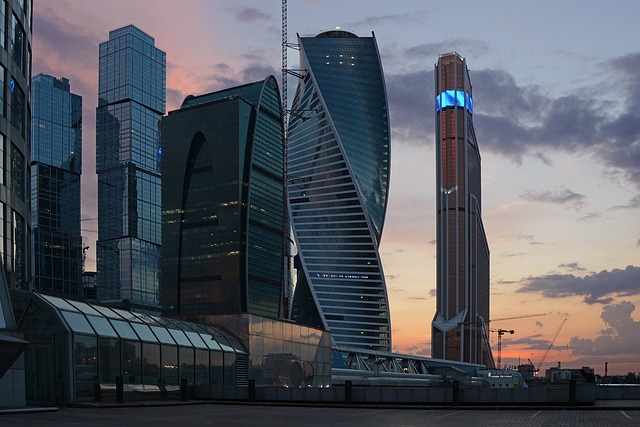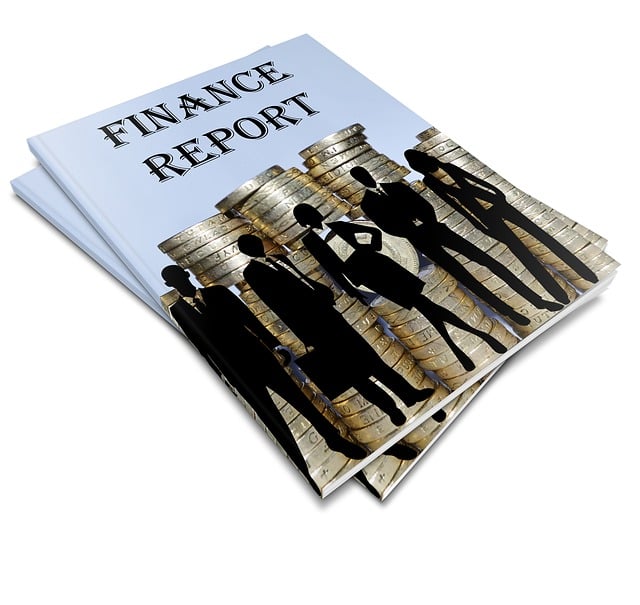South Africa offers a diverse range of Alternative Investment Opportunities, catering to various risk profiles. Beyond traditional stocks and bonds, investors can explore high-growth sectors like real estate, private equity (PE), and infrastructure. PE and VC firms are key drivers, focusing on early-stage startups in tech, healthcare, and renewable energy, fostering economic growth and job creation. Real estate investments thrive on a robust property market, while alternative options like agritourism cater to diverse interests. The country is also seeing a rise in sustainable and impact investing, with opportunities in renewable energy, green technology, and social enterprises, positioning South Africa as a leader in these trends.
“Discover unique investment avenues in South Africa’s thriving alternative market. This comprehensive guide explores diverse options, from private equity’s role in fostering innovation to the emerging trends of sustainable investing. Uncover the potential of real estate, delving into urban and agritourism investments, and learn how these strategies are reshaping the country’s economic landscape. Unlock access to South Africa’s alternatives—a testament to its dynamic investment opportunities.”
- Unlocking Unique Asset Classes: A Look at South Africa's Alternatives
- Private Equity and Venture Capital: Fueling Innovation and Growth
- Real Estate Investments: From Urban Landscapes to Agritourism
- Exploring Sustainable and Impact Investing Trends in South Africa
Unlocking Unique Asset Classes: A Look at South Africa's Alternatives

South Africa offers a diverse range of alternative investment opportunities, unlocking unique asset classes that cater to varied investor preferences and risk profiles. Beyond traditional stocks and bonds, the country’s vibrant economy and dynamic markets present intriguing possibilities in sectors such as real estate, private equity, and infrastructure. These alternatives not only diversify investment portfolios but also provide access to high-growth areas with significant long-term potential.
Real estate investments have gained traction due to South Africa’s robust property market, with opportunities ranging from residential apartments to commercial spaces. Private equity funds targeting local industries offer exposure to established and emerging businesses, while infrastructure investments play a crucial role in the country’s development by financing critical projects like roads, energy, and water facilities. By exploring these alternative asset classes, investors can navigate the market’s complexities and capitalize on South Africa’s unique investment landscape.
Private Equity and Venture Capital: Fueling Innovation and Growth

Private Equity (PE) and Venture Capital (VC) play a pivotal role in shaping South Africa’s alternative investment landscape, driving innovation, and fostering economic growth. These investment vehicles focus on supporting early-stage startups and established companies with high growth potential, often in sectors like technology, healthcare, and renewable energy. PE firms and VC investors bring not just capital but also strategic expertise, mentorship, and networks that can significantly enhance the prospects of portfolio companies.
Through risk capital and active involvement, these alternative investment opportunities enable entrepreneurs to scale up their businesses, create jobs, and contribute to the country’s overall development. South Africa’s thriving tech ecosystem, for instance, has witnessed substantial growth due to VC funding, leading to the emergence of global champions that export technologies and services, thereby diversifying the economy and attracting further foreign investment.
Real Estate Investments: From Urban Landscapes to Agritourism

South Africa’s diverse landscape presents a captivating array of alternative investment opportunities, with real estate topping the list. The country’s bustling urban centres, from Cape Town to Johannesburg, offer vibrant prospects for commercial and residential property investments. Investors can leverage the growing demand for modern office spaces and trendy apartments in these metropolitan areas. Moreover, the rise of agritourism provides an exciting twist, allowing investors to purchase rural properties with potential for sustainable agriculture and eco-friendly tourism.
These real estate ventures cater to a range of interests and demographics, ensuring a robust market. Whether it’s developing mixed-use projects that blend retail, office, and residential spaces or embracing agritourism’s serenity, South Africa’s real estate sector offers both profitability and the allure of diverse experiences. Investors can navigate these opportunities by keeping pace with local trends, understanding demographic shifts, and exploring innovative property concepts tailored to the country’s unique character.
Exploring Sustainable and Impact Investing Trends in South Africa

South Africa’s alternative investment landscape is witnessing a growing interest in sustainable and impact investing trends. As environmentally conscious investors seek out responsible options, opportunities arise in sectors such as renewable energy, green technology, and social enterprises. The country’s diverse natural resources and emerging green initiatives provide a fertile ground for these investments, aligning with global shifts towards sustainability.
Local and international investors are increasingly recognizing the potential for positive environmental and social change while achieving competitive financial returns. This trend is driving capital towards projects focused on climate action, biodiversity conservation, affordable housing, healthcare access, and community development. By embracing sustainable and impact investing, South Africa not only caters to a growing global demand but also fosters a more resilient and inclusive economy, positioning itself as a leader in alternative investment opportunities.
South Africa’s alternative investment landscape offers a diverse range of opportunities, catering to various risk appetites and interests. From private equity and venture capital, which drive innovation and growth, to real estate investments with their unique urban and agritourism prospects, the country presents an appealing tapestry of choices. Moreover, the emerging focus on sustainable and impact investing demonstrates a commitment to responsible investment trends. By exploring these alternatives, investors can navigate the market’s complexities and uncover potential for both financial gain and positive societal impact.







